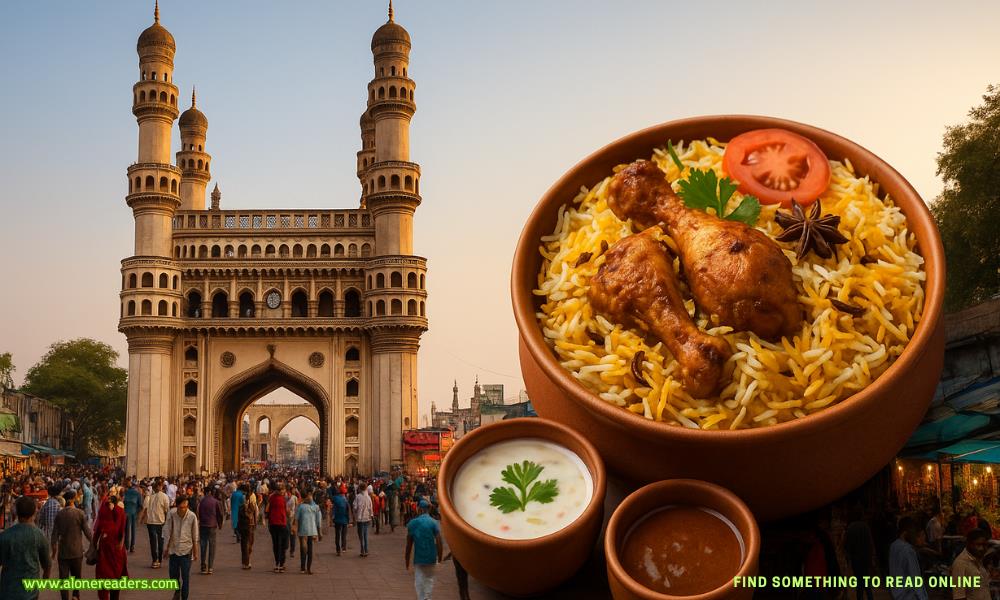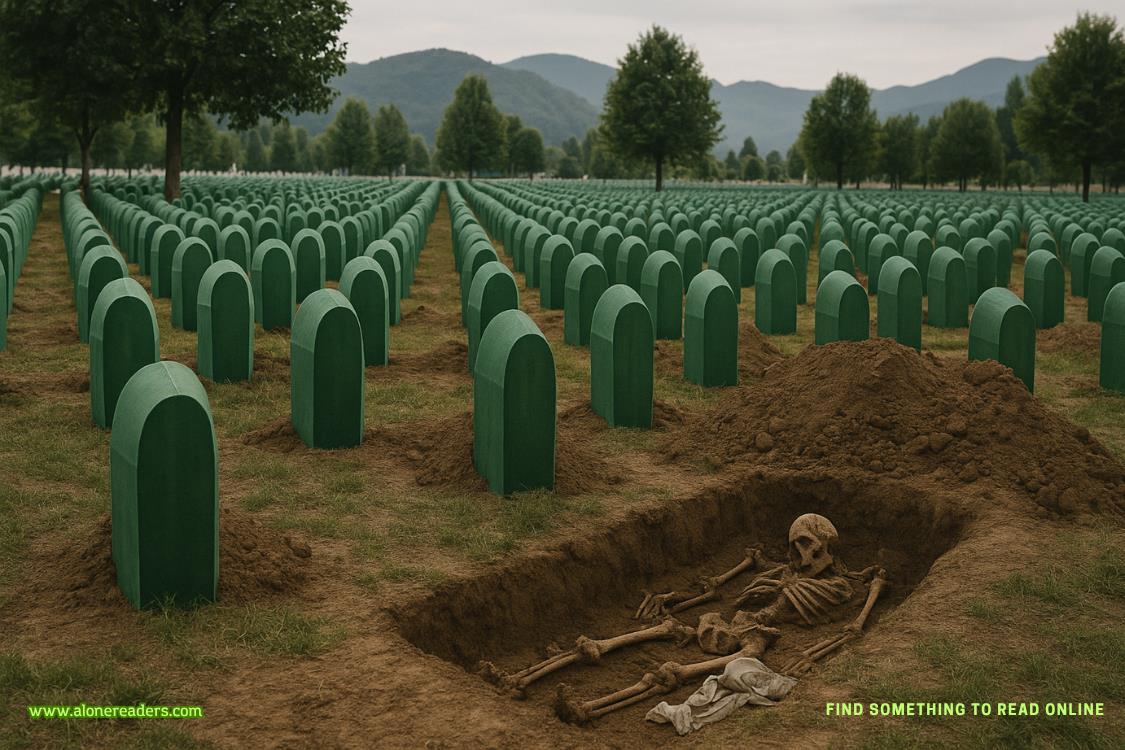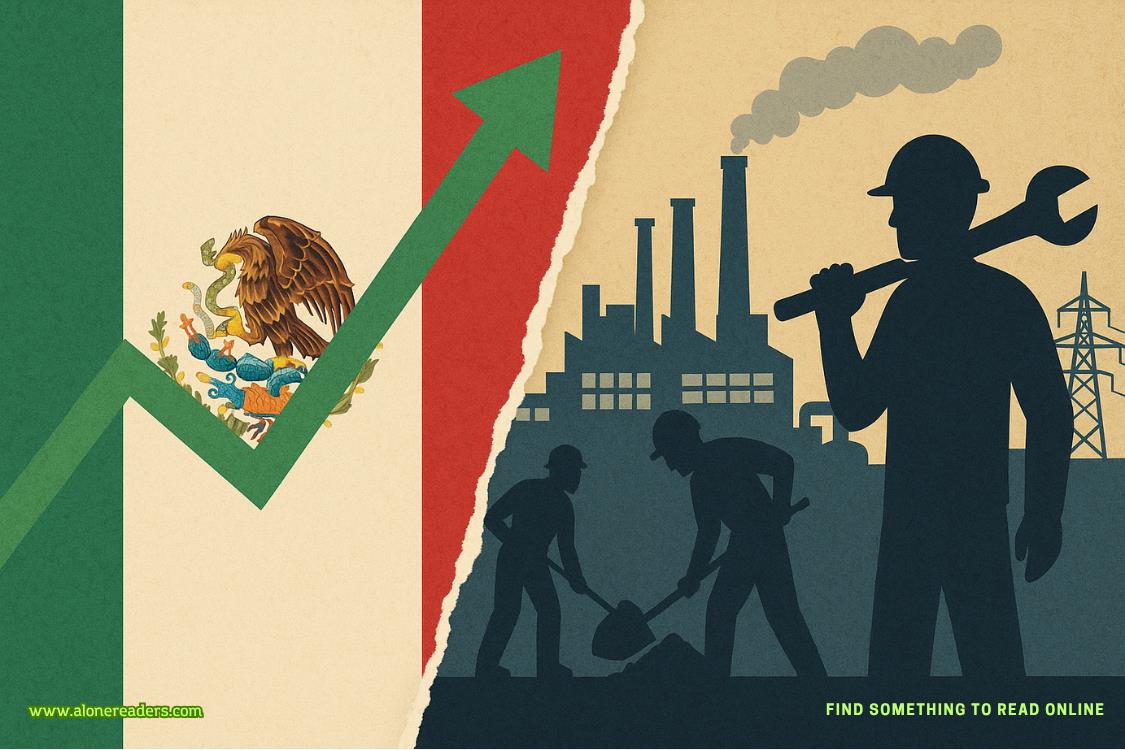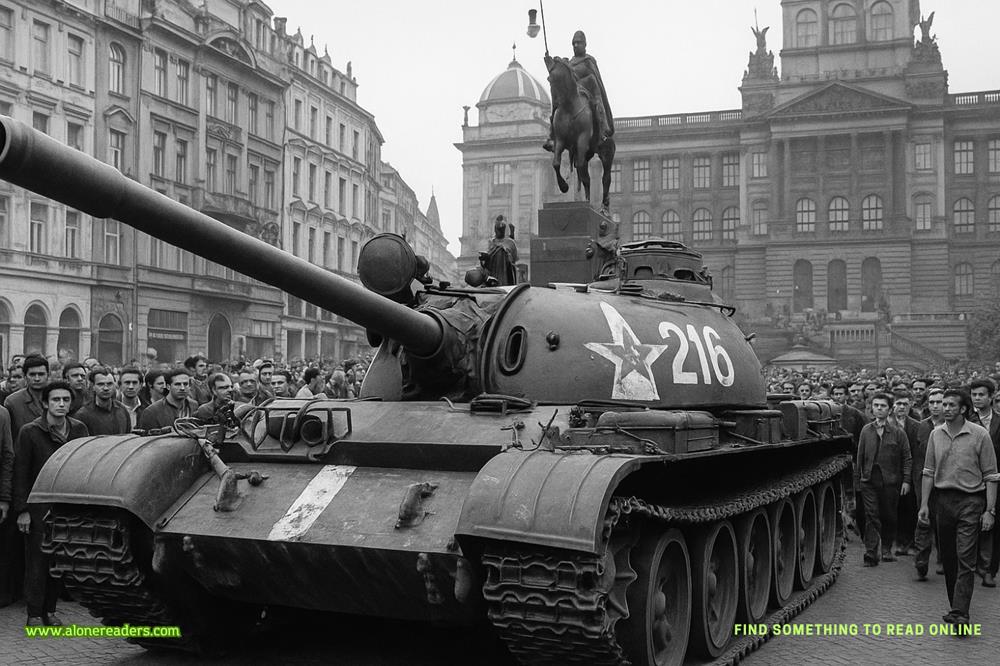Page 33 of In the Air Tonight
I knew that then, and I’ve known it every day since.
I’ve hated myself for fourteen years for keeping this secret.
That ends today.
Hearing Ryder is running for Congress was the catalyst. I actively loathe myself for not doing this before now. Not a day has gone by that I haven’t thought of that night, that I haven’t thought of Neisy and what she went through or how I could’ve helped her and didn’t—not just after it happened, but every day since then.
I simply can’t live with it anymore.
While I’m certain the consequences will be every bit as devastating for me as they would’ve been then—my brother is still best friends with both Elliott brothers, who are now married with children and successful careers—I don’t care what happens to me.
I love Arlo.
I truly do. I feel terrible about rupturing our relationship, perhaps beyond repair. I hate that it’ll put a terrible rift in the center of our family, that my mother and siblings will be looked down upon, that I’ll be called out, judged, denigrated.
I don’t care.
As I crest the Newport Bridge—I’ll never call it the Pell Bridge—a flood of memories come over me as I take in the island I called home for the first eighteen years of my life. My childhood there was idyllic, made up of long days at the beach, sailing on Narragansett Bay, cozy Christmases, football games and pep rallies and a feeling of belonging that comes with living in a small town, where everyone knows you and your family. Parents look out for all the kids, not just their own.
When I say words that can never be unsaid, I’ll tear apart the fabric of that town where Arlo, Ryder and Cam now live with their families. I know from social media that Cam married Sienna, and they have four kids under the age of seven. Ryder took a long time to recover from the loss of Louisa. After his appointment to Annapolis was revoked, he went to the University of Rhode Island, got an engineering degree and served eight years in the navy after graduating from college.
After an honorable discharge from the navy, he landed a big job with a prestigious engineering firm in Providence.
Now he’s running for Congress, representing the district where we grew up.
Not if I can help it.
I feel sick.
My stomach churns with nausea that burns my chest and throat, a feeling reminiscent of that awful summer. I was so nauseated all the time that I couldn’t eat. I lost twenty pounds. People told me I looked good when I went back to school for my senior year. They also talked about the apparent rift between me and Sienna, speculating endlessly about what’d come between best friends since the third grade.
Neither of us ever said.
“People grow apart,” I told my mother when she asked me about it.
I withdrew from all my friends. I didn’t go to football or basketball games. I kept to myself in school and out. In the spring, I refused to attend my prom and only walked the stage at graduation at my parents’ insistence. I wouldn’t allow them to have a graduation party for me, preferring to count the days until I could get out of there once and for all.
When I arrived at my college dorm at NYU, I exhaled for the first time in more than a year. I’d survived. Somehow. And now I had a whole new life ahead of me in a city where I could disappear amongst the masses.
However, the thing about moving away and bringing a devastating secret with you is that nothing changes. If anything, it gets worse when you’re removed from daily contact with the people you were trying to protect by staying silent.
My health declined precipitously that first semester. I battled eating disorders and mono, and nearly flunked out of school. Only because the thought of going home was so revolting did I rally at the end of the semester and end up with a fairly respectable two-point-eight GPA. But the health issues didn’t let up. I developed vexing skin conditions and have had ongoing difficulties with eating.
I continued my pattern of keeping to myself, which made for a lonely existence.
I told myself the isolation was for the best, but even then it felt unsustainable.
No one can stay completely removed from others long term. Eventually, I had to reengage with the world, if for no other reason than to support myself, but the shame was always with me. I thought of it as a tumor that wouldn’t kill me but would make me sick for as long as it was inside me.
The tumor comes out today.
I drive through the familiar town of Hope, past endless stone walls and the grassy fields where my siblings and I playedsoccer, lacrosse, baseball and softball. As I go by the street that led to Sienna’s childhood neighborhood, I experience a pang of longing for the long-ago time when I thought a friendship like ours would last forever.
I know better now.
Passing by the entrance to my own neighborhood, I give it a passing glance as I stay focused on the road ahead of me, the road to Land’s End, where I’ll come clean to the man who hosted the now-notorious summer party.
Houston Rafferty is now the chief of police there and is the one I’ll share my story with.
- Bought & Bred By the Bratva by Imani Jay
- Bratva Daddies for the Single Mom by Lisa Cullen
- Trapped By the Bratva by Ava Gray
- Freak by Vivian Mae
- Her Dom's Secret Past by Suzy Shearer
- Honey Trapped by Glenna Maynard
- Crossed Wires: The Complete Series by Mari Carr
- Bound By the Bratva by Ariana Cooper
- A Cage of Magic and Darkness by Marissa Farrar
- Enjoying the Ride by Cassandra Dee
- The Spring in My Heart by J.L. Lora
- Shattered Promise by Penelope Black
- Blood Queen by K. Larsen
- All of You by K. Larsen
- Tangled Souls by Ember Davis
- Obsessive Love by Aubry J.







